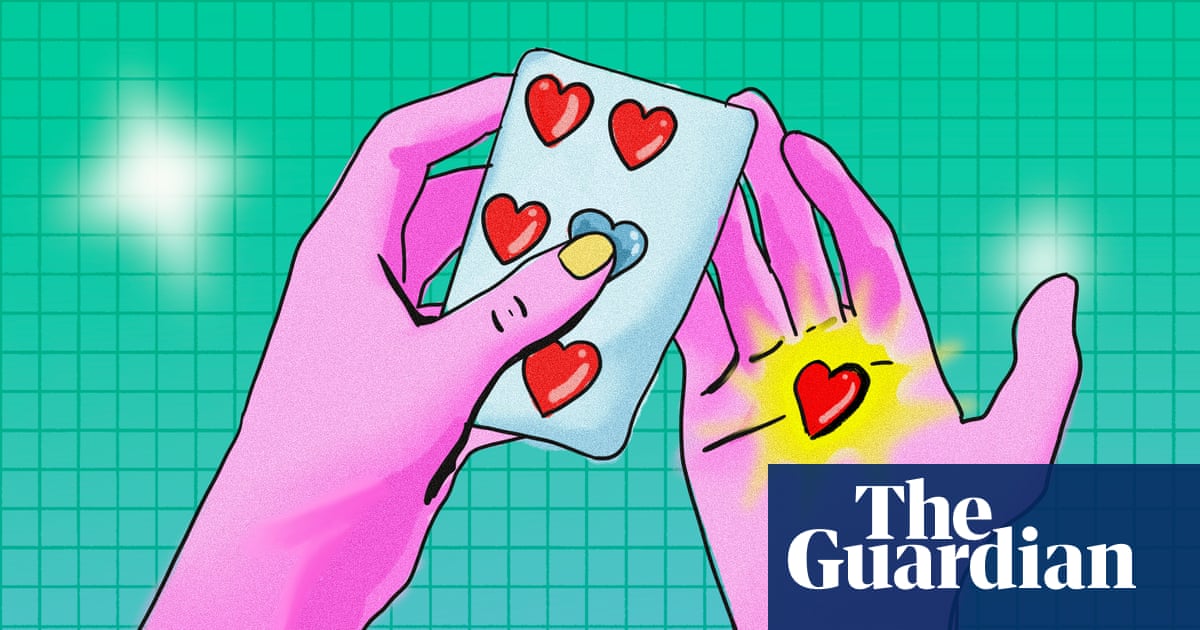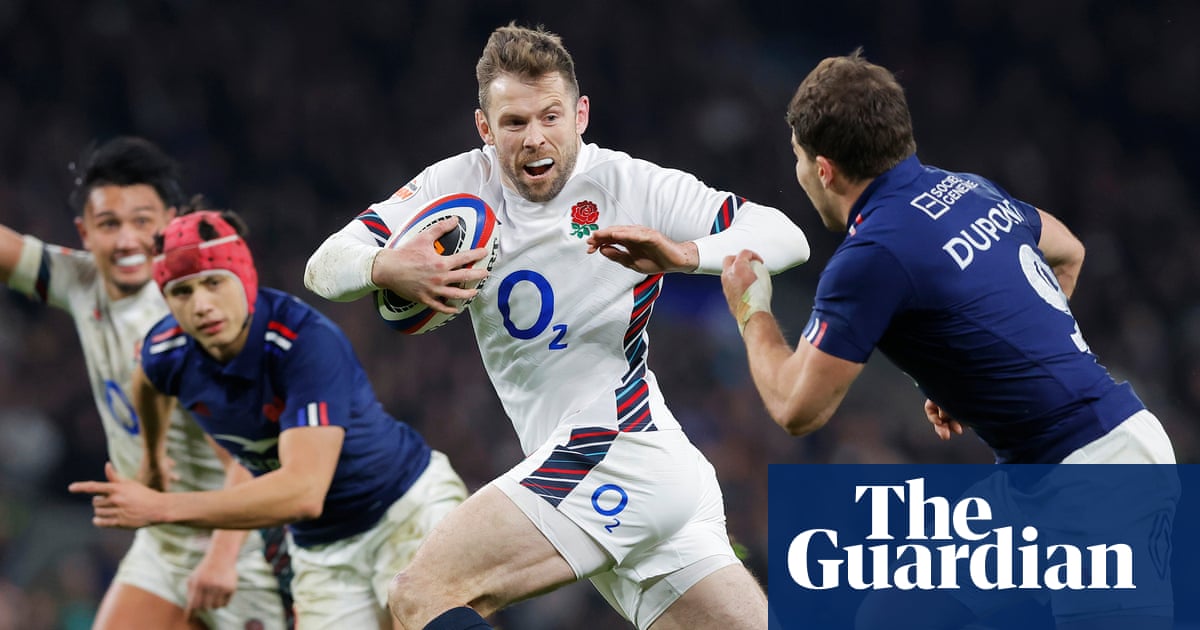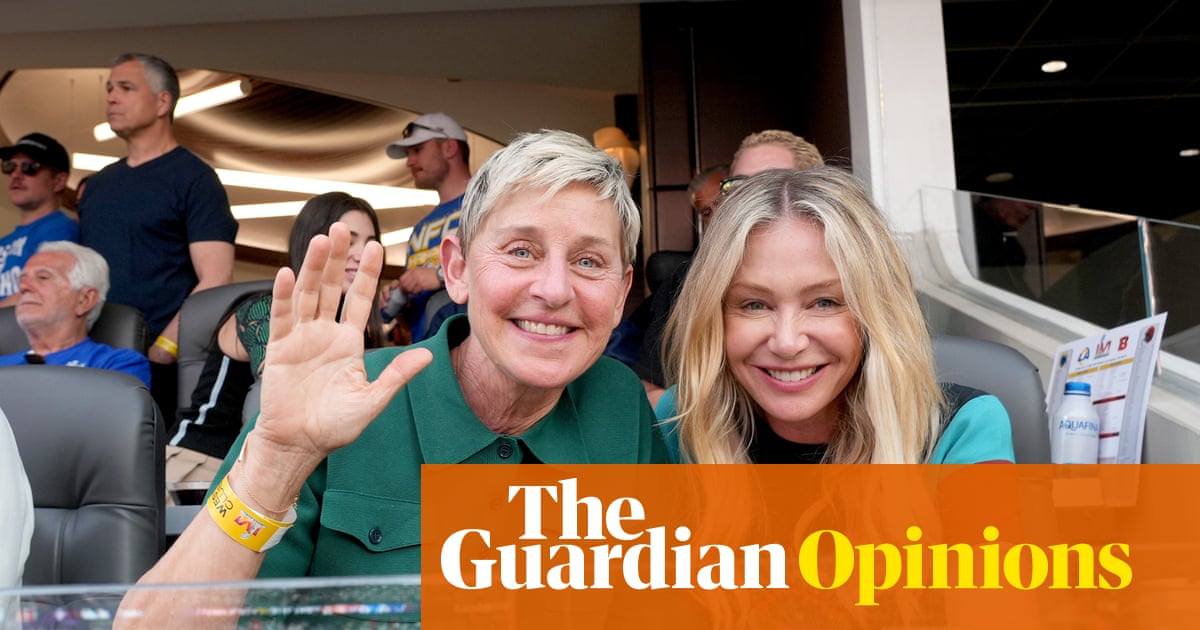The revelation that the chef Heston Blumenthal has created a tasting menu for people on weight loss jabs may have raised eyebrows, but there is scientific evidence that drugs such as Wegovy and Mounjaro not only make you less hungry, but change what you want to eat.
So what do we know about how weight loss medications affect your relationship with food?
1. Reduced hunger
Glucagon-like peptide-1 (GLP-1) receptor agonists such as semaglutide (Wegovy) and tirzepatide (Mounjaro) have been shown to help people living with obesity lose weight. By mimicking the action of a hormone called GLP-1, they reduce appetite and feelings of hunger, slow the release of food from the stomach and increase feelings of fullness after eating.
“It works by slowing how much food leaves the stomach – making a person feel fuller – and also stops another hormone from the pancreas releasing more sugar from the liver,” said Dr Simon Dryden, the head of biosciences at London Metropolitan University. “It also increases the amount of insulin a person produces which helps reduce blood sugar in a person with type 2 diabetes and more carbohydrate gets into body organs.”
Studies also show they reduce the desire to drink alcohol.
2. Unhealthy foods become less appealing – at least temporarily
Because GLP-1s reduce the “reward value” of fatty, sugary and salty food, as well as reduce appetite, many patients go off these foods, said Alexander Miras, a professor of endocrinology at Ulster University.
The effect is similar to that in patients who have bariatric surgery, which helps them to lose weight. After bariatric surgery, there is at least a fivefold increase in endogenous GLP-1s that naturally occur in our guts. ”We know that this hormone works in parts of the brain that decide how rewarding food is, and it reduces the reward value of food, especially high fat, high sugar foods,” Miras said.
About 20% of bariatric patients’ taste buds change their food preferences in the long term, while a much bigger percentage of people experience these changes in the months immediately after bariatric surgery, before food preferences and taste perception go back to normal. “What we are seeing now with GLP-1 medications, seems to mirror our experience with bariatric surgery,” said Miras.
3. Altered palate
As a species, we are hardwired to like things that used to be scarce in evolutionary terms – specifically large amounts of fat and sugar. If pleasure eating those things diminishes by taking GLP-1s, that can open up your palate and allow you to appreciate other tastes, said Prof Jason Halford, of the European Association for the Study of Obesity.
“You remove that noise and remove that drive for sugar and fat, and therefore your relationship with food has changed, and your relationship with flavours has changed. And so you’re looking for other things which will be interesting, because you’re not getting that hit any more.”
4. Everything can taste saltier or sweeter
Weight loss drugs also seem to change how food tastes. According to a new study, about one in five patients taking Ozempic, Wegovy or Mounjaro say food tastes saltier or sweeter than before but the perception of bitterness or sourness was unchanged.
Participants who reported that food tasted saltier or sweeter were also twice as likely to report feeling fuller, compared with those who said their perception of saltiness or sweetness had not altered. Those who found food sweeter were also 67% more likely to report a reduction in appetite and 85% more likely to report a reduction in cravings, compared with those whose perception of sweetness was unchanged.
“These drugs act not only in the gut and brain areas that control hunger but also on taste bud cells and brain regions that process taste and reward,” said Prof Othmar Moser, the lead author of the study from the University of Bayreuth, Germany. “This means they can subtly change how strong flavours, like sweetness or saltiness, are perceived. This, in turn, may affect appetite.”
5. Gastric irritation can increase
Tastes can change because the weight loss drugs can make you feel ill if you eat unhealthy food. Gastro intestinal effects such as nausea, bloating, diarrhoea and constipation are among the more common side effects of GLP-1s. These effects can be exacerbated by acidic, spicy or fatty foods and drinks. If chocolate makes you feel sick, you’re less likely to eat it.
“When people start eating high energy foods when they are on these medications they also start feeling unwell,” said Miras. “So it’s not just that these hormones reduce the pleasure of these foods, but also that some people have what we call post-ingestive side effects. So they might be avoiding [unhealthy food] purely because it makes them feel ill.”

.png) 2 months ago
46
2 months ago
46

















































